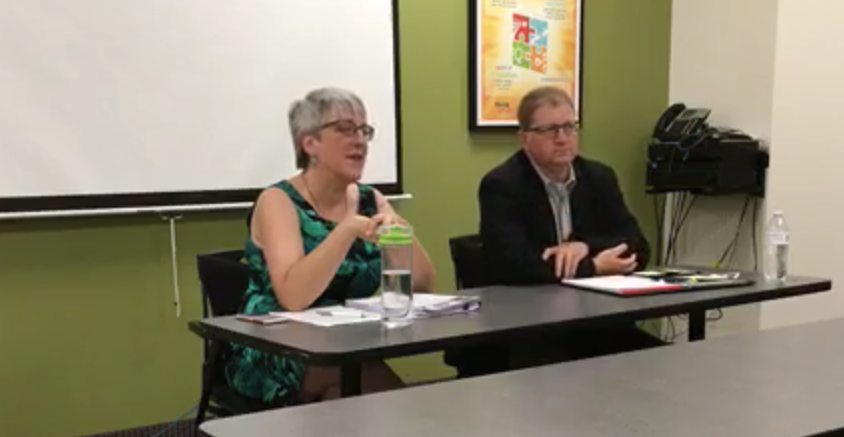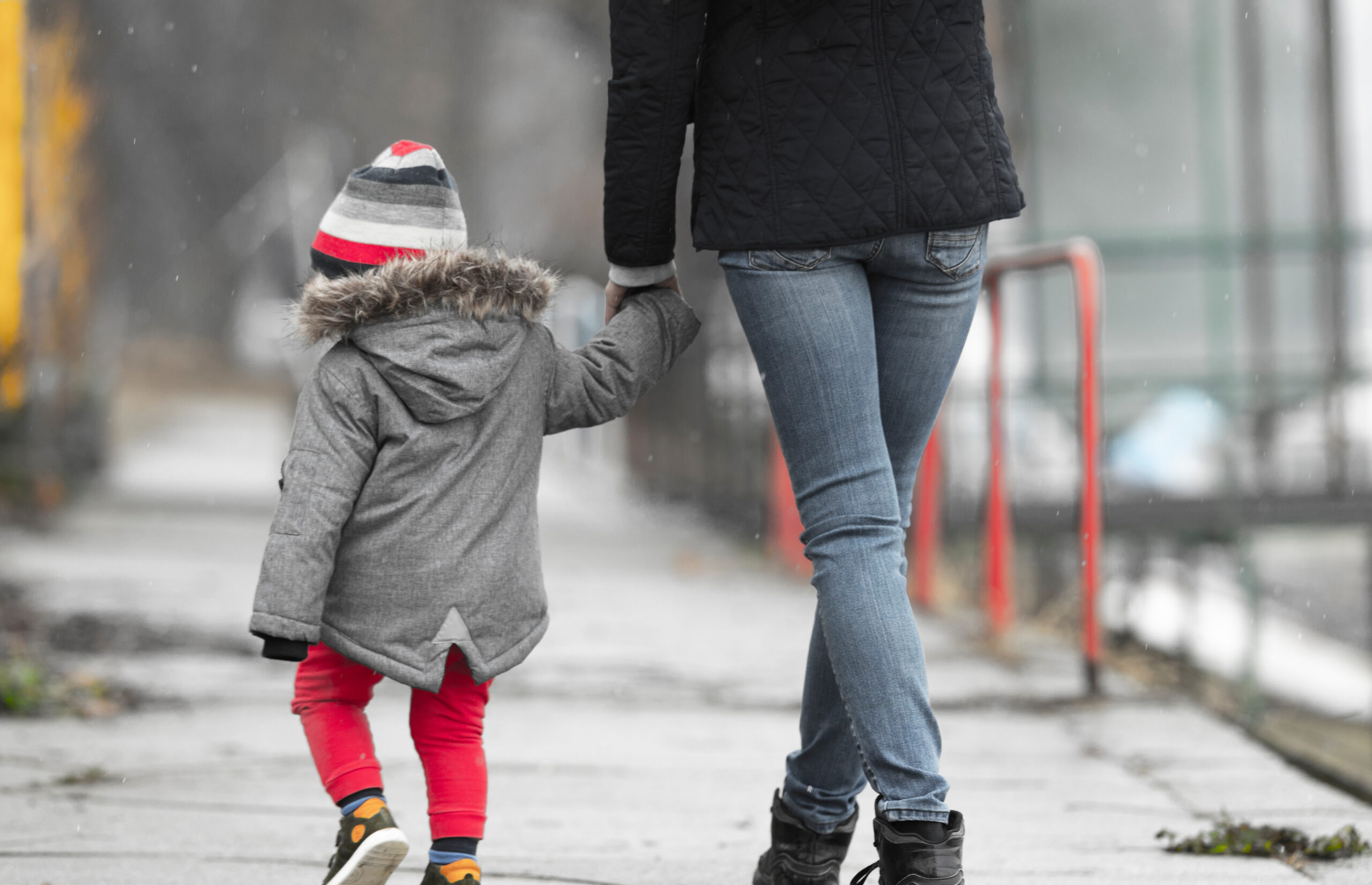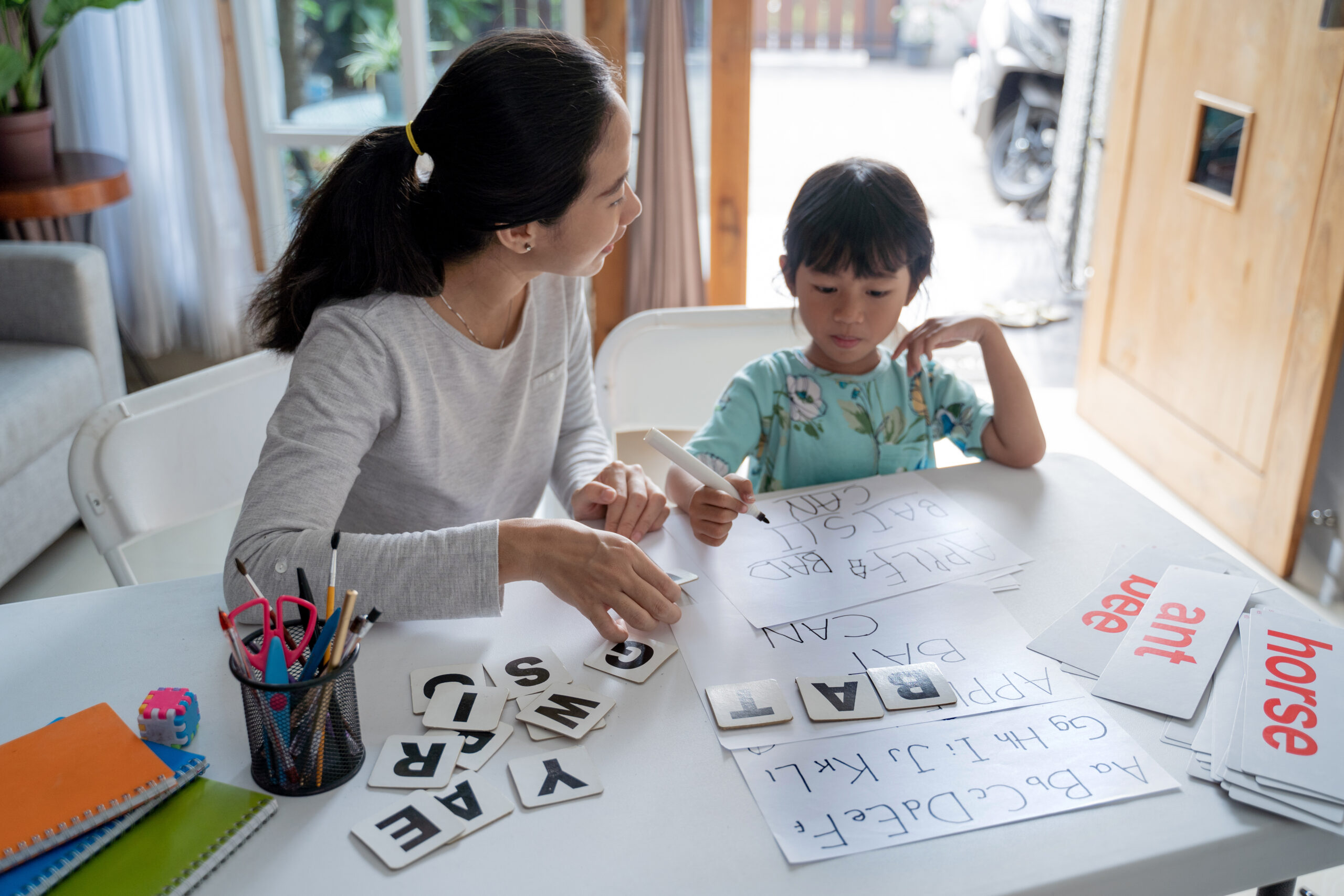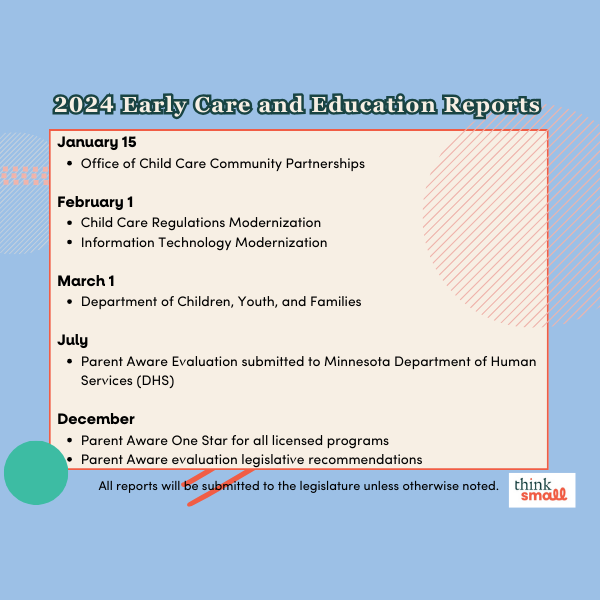By Marie Huey, Public Policy and Advocacy CoordinatorThe 2018 legislative session ended on May 22. To explain the implications for the early care and education field, two experts joined us: Ann McCully, Executive Director of Child Care Aware of Minnesota, and Jess Myers, Director of Media and Public Relations at Ewald Consulting. Myers is a lobbyist with the Minnesota Child Care Association (MCCA).
First, a few contextual items that shaped this session:- Child Care Development Block Grant (CCDBG) reauthorization. This federal law was reauthorized in 2014, and Minnesota made many changes to comply with the new standards. However, a few actions still needed to be taken in order to fully comply.
- Child care as economic development. More businesses and Greater Minnesota communities were talking about the need for child care in order to support workers.
- Office of the Legislative Auditor Report. This legislative office released a report on early childhood programs in the state. It lays out the complex and fractured nature of the system and provides recommendations on how to improve it. The report did not come out until late April, leaving legislators little time to take action on it this session.
- Non-budget year. Legislators already set the budget for the biennium in 2017. This year they did not have to do any additional spending, and it is traditionally a bonding year. While there was a small budget surplus, many legislators were reluctant to commit to new spending.
- Child care fraud report. Near the end of session, there was reporting about fraud in the Child Care Assistance Program (CCAP).
Health and Human Services LegislationFour child care bills did pass and become law this session. The first removed the requirement that children 13-17 living in licensed family child care homes have a fingerprint background study. Minors will still have to have a background check, but it will use their name and date of birth instead of fingerprints.A bill that passed unanimously in both the House and Senate was the Positive Support Strategies exemption for child care providers. Myers noted that MCCA has worked on this bill for the last three years. The bill exempts child care programs from the positive supports strategies training rule. That rule was originally implemented to protect disabled and elderly people from abuse, but it was then applied to child care programs. This led to confusion in programs as to how they can comply. Governor Dayton let this bill become law without his signature. The Department of Human Services has expressed some concern that failure to enforce this provision could lead to a lawsuit.House File 3015 removes the requirement from licensed family child care providers and child care centers to physically post correction orders on site. They will still have to post conditional licenses and maltreatment memorandums on site, but correction orders will be housed online.The final child care-related bill allows for some variances related to child care center staff and flexibility in group family child care to operate based on the children in attendance. It also requires DHS to make improvements to the licensing website and convene regional meetings to discuss how to improve transparency. The department has to bring recommendations to the 2019 legislature.For more details about the bills, view the final Legislative Update from Child Care Aware of Minnesota.Key pieces that did not pass this year include the remaining provisions to bring Minnesota into compliance with the federal Child Care Development Block Grant (CCDBG). This included an expedited application for families experiencing homeless, portability of child care assistance between counties, and increasing provider reimbursement rates. DHS will come back next session to ask for these changes again. Minnesota is currently out of compliance with the federal requirements, and it is unclear what consequences, if any, may result from that. Minnesota is unique from other states because it must pass many of these changes through the legislature.EducationMost of the policy and funding proposals this session were packaged in a larger omnibus bill. Because Governor Dayton vetoed that bill, the provisions did not pass.Myers reviewed a few of the items that were considered. There was proposed funding for schools, much of it centered around school safety initiatives. There was a requirement that a percentage of Voluntary Prekindergarten funding be used for mixed deliver programs (schools partner with community programs to provide the services). There were also a few clarifications about the requirements for early learning scholarships.Again, none of these ideas passed because they were vetoed by the governor.What’s Next?Senator Bill Weber has created a subcommittee to discuss child care issues in the interim.With many offices on the ballot in November, now is a good time to engage with candidates. Myers and McCully encouraged people to educate candidates on early care and education and to engage in campaigns at whatever level possible. Minnesota’s Future has a card to reference for door-knocking. Use it to ask candidates questions and give them some facts about the field.You can watch the entire June Policy Hour here. We’ll see you when Ann Kaner-Roth Policy Hour resumes in October 2018.








